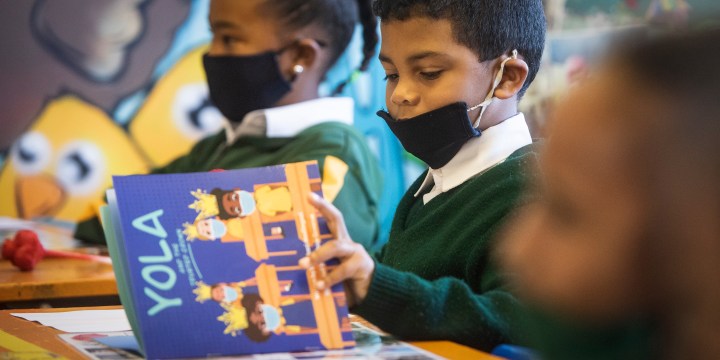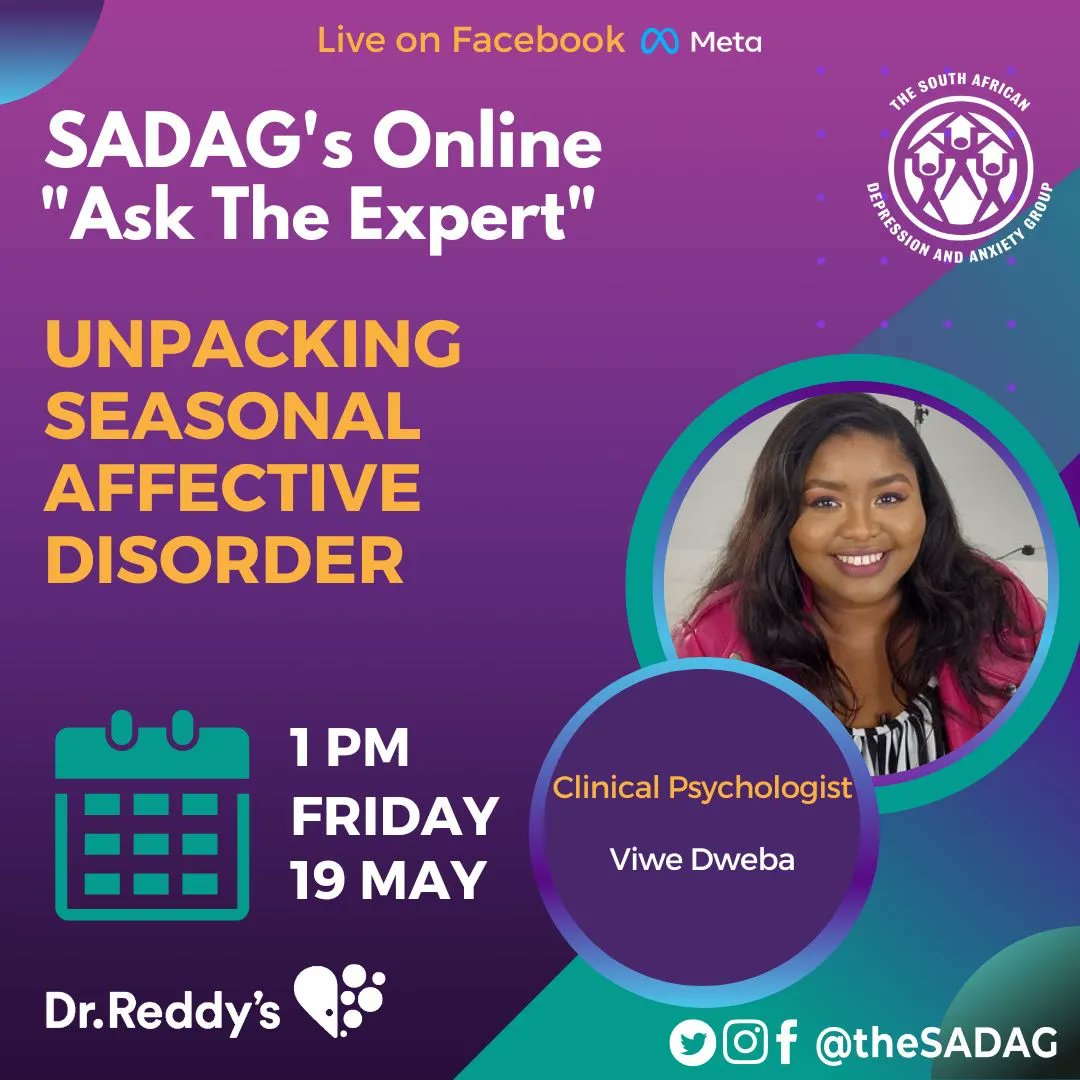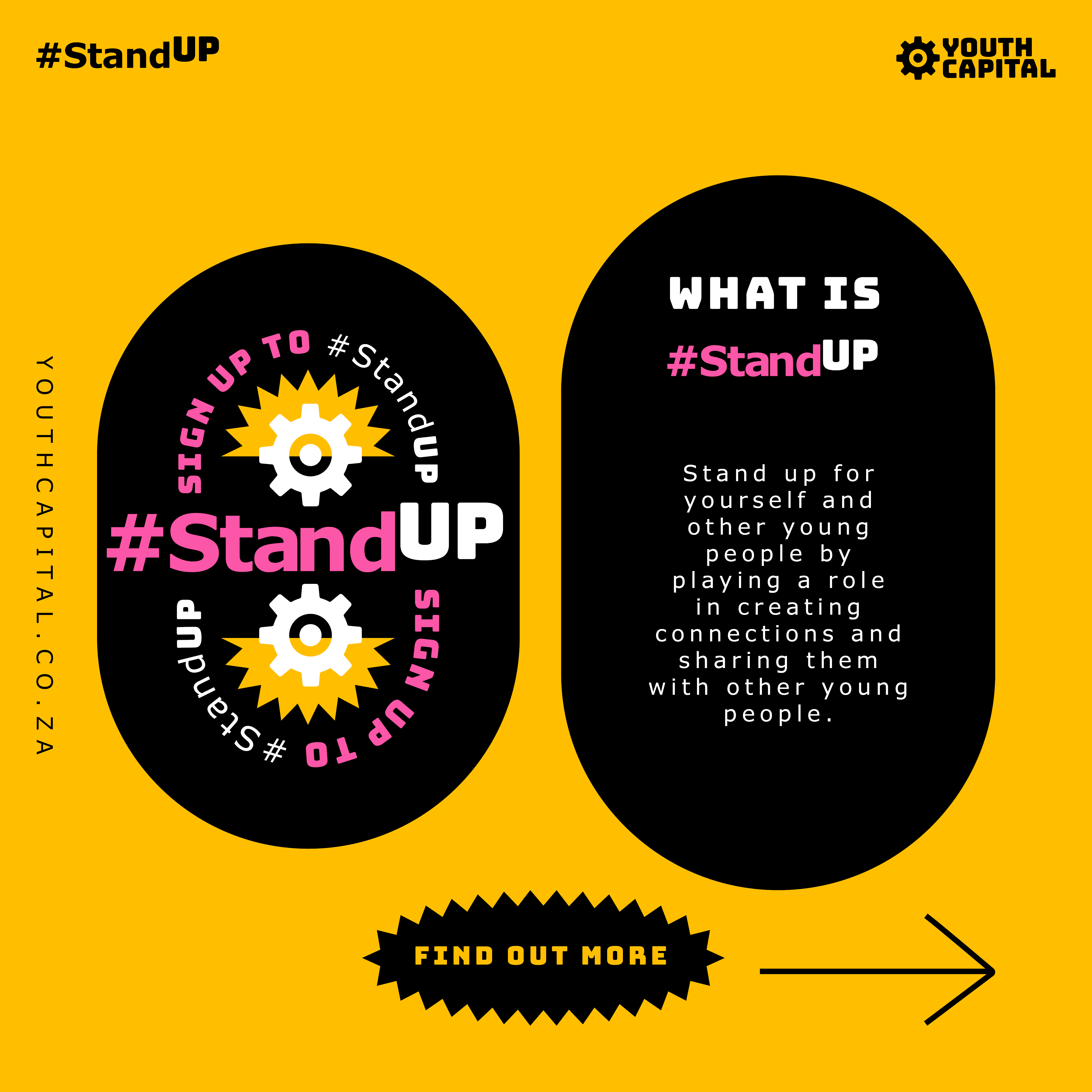CIVIL SOCIETY WATCH 15-19 MAY
This week – launch of literacy 2021 report, World Bee Day and talk on electricity in care provision

The launch of the PIRLS (Progress in International Reading Literacy Study) 2021 report will provide reliable data on student reading achievements across the world; World Bee Day will raise awareness about the importance of pollinators; and the Public Affairs Research Institute will host a roundtable discussion on the role of electricity in easing the burden of care provision.
Tuesday, 16 May is International Day of Living Together in Peace.
This day is about accepting our differences and having the ability to listen to, recognise, respect and appreciate others, while living in a peaceful and united way.
“The day invites countries to further promote reconciliation to help to ensure peace and sustainable development, including by working with communities, faith leaders and other relevant actors, through reconciliatory measures and acts of service and by encouraging forgiveness and compassion among individuals,” according to the United Nations.
On Tuesday, 16 May at 10am, the PIRLS (Progress in International Reading Literacy Study) 2021 International Report and Results will be launched.
The launch will be hosted by the International Association for the Evaluation of Educational Achievement and the TIMSS and PIRLS International Study Center at Boston College.
“This latest cycle of PIRLS has been the only international large-scale assessment to collect data in the backdrop of school disruptions and closures due to Covid-19,” according to the event description.
“Presentation of the results will include:
- “Extensive data on school closures and how countries and schools compensated for the disruption;
- “Reliable data on student reading achievement and results for subgroups of students (such as by gender);
- “Trends in reading achievement compared to previous PIRLS assessments; and
- “An array of home, school, classroom and attitudinal contexts for learning to read in relation to reading achievement.”
Register for the launch here.
Wednesday, 17 May is the International Day Against Homophobia Transphobia and Biphobia.
The day is intended to “draw attention to the violence and discrimination experienced by lesbian, gay, bisexual, trans and intersex people, and all of those with diverse sexual orientations, gender identities or expressions, and sex characteristics”, according to the event website.
“The International Day Against Homophobia, Transphobia and Biphobia is currently celebrated in more than 130 countries, including 37 where same-sex acts are illegal. Thousands of initiatives, big and small, are reported throughout the planet,” it states.
On Thursday, 18 May, at 3pm, the Public Affairs Research Institute (Pari) will host a roundtable discussion on “Care and Universal Basic Electricity” as part of its Care Economy Series.
Speakers include Mahlatse Rampedi, researcher at Pari; Dr Trevor Ngwane of the department of sociology at the University of Johannesburg; and Hameda Deedat, acting executive director of Naledi (the research arm of the Congress of South African Trade Unions).
“Electricity is crucial to ease the burden of care provision. In Africa, as documented in The Africa Care Economy Index, national time use surveys show that women and girls spend vastly more time on caring work than men and boys: ranging from almost three times more in South Africa, to six times more in Senegal, and 18 times more in Egypt,” according to the event description.
“In this roundtable we will make the connections between care, electricity, women and girl’s time and productivity, and just transition. Not forgetting electricity struggles of the past, we will link these to current questions of energy politics, the Fourth Industrial Revolution and the potential to mobilise around universal basic electricity in South Africa today.”
The event will be hybrid. To attend in person, RSVP to [email protected] by Tuesday, 18 May.
For virtual attendance, register here.

On Friday, 19 May at 1pm, the South African Depression and Anxiety Group (Sadag) will host a talk on “Unpacking Seasonal Affective Disorder”.
“Seasonal Affective Disorder (SAD) is a form of depression that appears at the same time every year and is related to the changing seasons. People with SAD may experience feelings of gloominess, lack of energy, oversleeping, irritability, difficulty concentrating and changes,” according to the event description.
Clinical psychologist Viwe Dweba will speak at the session, which will be livestreamed on Sadag’s Facebook page.
On Friday at 2pm, the Centre for Human Rights, University of Pretoria, will host a Civil Society Forum in collaboration with the Pan-African Parliament (PAP) and Open Society Foundation during the parliament’s May 2023 ordinary session.
“The aim of the Civil Society Forum is to foster close collaboration between and among CSOs [civil society organisations] on the PAP-related issues on the one hand, and between CSOs and the PAP on the other, with the view to advancing and promoting the mandate of the continental parliament,” according to the event description.
“This forum, which targets CSOs from across the continent, members of academia, members of the South African diplomatic corps and members of the Pan-African Parliament will deepen reflections on formal mechanisms of engagement between civil society and the Pan-African Parliament.”
Register here.
Saturday, 20 May is World Bee Day.
World Bee Day is intended to raise awareness of the importance of pollinators, the threats they face and their contribution to sustainable development.
“Bees and other pollinators, such as butterflies, bats and hummingbirds, are increasingly under threat from human activities,” according to the United Nations.
“Pollination is, however, a fundamental process for the survival of our ecosystems. Nearly 90% of the world’s wild flowering plant species depend, entirely or at least in part, on animal pollination, along with more than 75% of the world’s food crops and 35% of global agricultural land. Not only do pollinators contribute directly to food security, but they are key to conserving biodiversity.
“We all depend on pollinators and it is therefore crucial to monitor their decline and halt the loss of biodiversity.”

Existence is Resistance exhibition
An exhibition, Existence is Resistance, opened at St George’s Cathedral in Cape Town on 14 May. It features the work of veteran broadcaster, journalist, filmmaker and photographer Jimi Matthews.
The collection of images is intended to offer commentary on the situation in Palestine and the Palestinian people’s resilience and fight for social justice.
“The exhibition also commemorates journalist Shireen Abu Akleh’s first death anniversary… Shireen’s fearless voice for justice and dedication to advocating for Palestinian rights made her a household name in the Arab world,” according to the event description.
The exhibition will be open to the public until 16 June. Admission is free.

Youth Capital campaign
Advocacy organisation Youth Capital has launched a Youth Month campaign, “#StandUp for Youth”, to highlight practical ways that ordinary South Africans can take action to widen young people’s social connections.
Research by Youth Capital found that six in 10 young people accessed earning and learning opportunities through someone they knew. However, many young people are excluded from the opportunities that come with social networks, with seven in 10 young people having fewer than three connections to give advice on learning and earning opportunities.
“As we transition into the world of work, we inevitably leverage our social networks for access, information and support. This makes an impact on the opportunities we are exposed to and ultimately where we end up professionally. Who you know matters, and #StandUp aims to make social connections more visible and intentional,” said Kristal Duncan-Williams, project lead at Youth Capital.
By signing up for the campaign during the month of May, individuals can join a community where people make a difference by connecting and sharing their social circles. Participants will receive a weekly mailer from 5 June with ideas of actions to take with young people.
Sign up here.
As part of the campaign, Youth Capital has also joined hands with organisations such as Greenpeace South Africa, Eh!woza, Amathuba Collective, the Bulungula Incubator and the Sneaker Shack to tackle youth unemployment. These groups are all signatories of Youth Capital’s Action Plan. DM/MC


















Comments - Please login in order to comment.